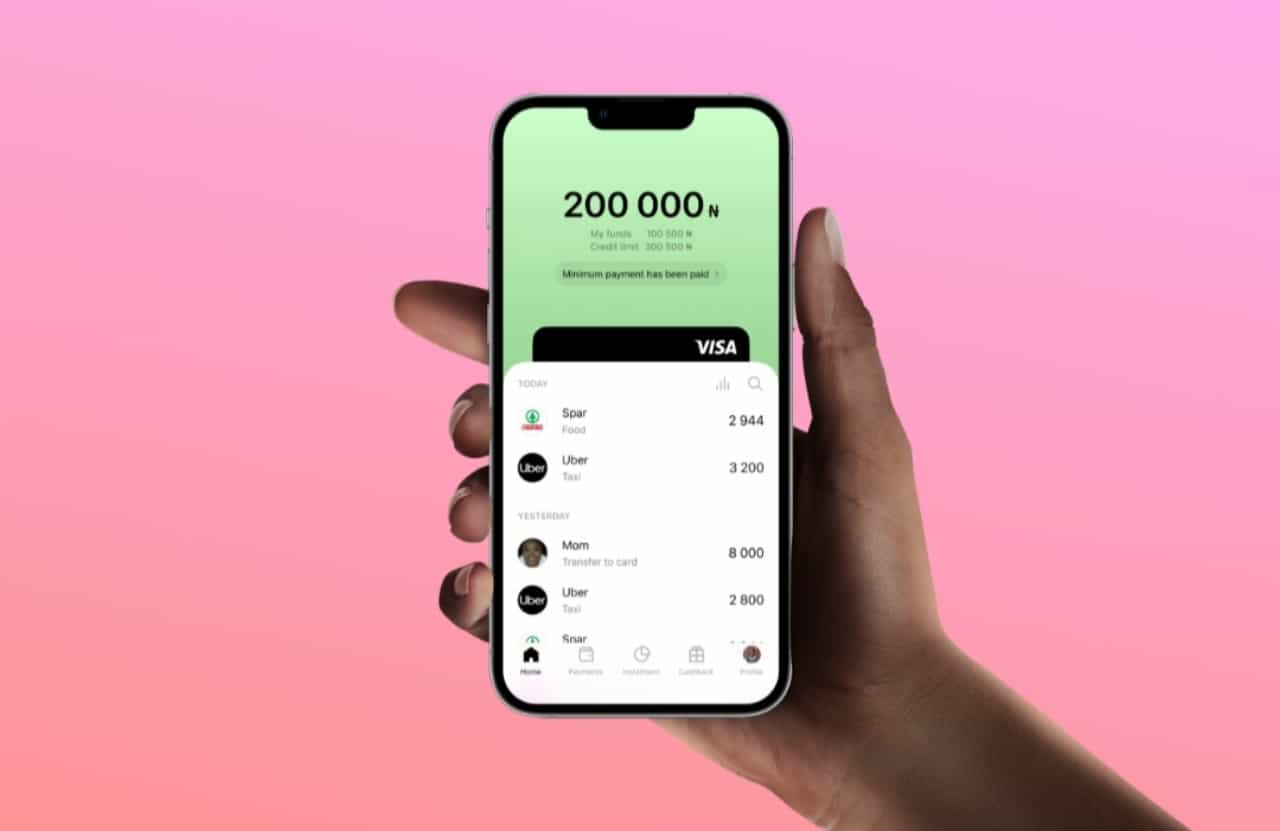There are at least 150 fintech startups in Nigeria, depending on who you ask. Statista reports that there were 144 fintech startups as of 2021 and a 2020 McKinsey report puts the number of standalone fintech startups at over 200. Ongoing research by our data arm, Intelligence by Techpoint, reveals there are at least 270 active startups in Nigeria.
According to the McKinsey report, most of these startups are focused on payments and lending. Consequently, it is not unusual to hear comments on the proliferation of fintech startups in the country, which begs the question, are there too many fintech startups in Nigeria?
A common criticism in the fintech conversation is that too many startups are solving the same problem and barely moving the needle. The value proposition for many startups revolves around banking the unbanked and providing better (read faster) financial services.
However, even with all this, one could argue that financial services have only marginally improved, with most fintech services unable to offer superior services to traditional financial institutions.
For example, lending apps in Nigeria offer loans in minutes without requiring collateral for users. As impressive as this is, startups still have to contend with debt recovery. While a few startups report repayment rates in the 90th percentile, there are widespread reports of lending startups resorting to desperate measures to get their loans back.
Customer service is another aspect that fintech startups do not seem to have completely figured out. In a test conducted by the Techpoint Africa team, we discovered that traditional financial institutions did not fare badly in customer service compared to fintech startups. In fact, in some metrics, they fared better than fintech startups.
The mission to bank the unbanked, which is frequently bandied about, is also moving slowly, and only 54.6 million Nigerians have a BVN, a vital requirement for opening a bank account in Nigeria.
Admittedly, people can only register for their BVN at banks. Therefore, there is only so much fintech startups can do in this regard. Still, one must wonder if most startups have not opted to build replicas of existing solutions rather than going after new frontiers.
Too many fintech startups?
Looking at the numbers alone will suggest that there are too many fintech startups, so let’s look at how Nigeria compares to other countries.
With 1.4 billion people, India is only second to China in population. It is also home to 6,636 fintech startups. The largest country in South America, Brazil, has 1,446 fintech startups for its 215 million inhabitants.
In the United States and the United Kingdom, we have two world’s largest economies. While the United States has 8,775 fintech startups for its 334.6 million people, the United Kingdom has 1,600 fintech startups serving 68.5 million people.
Below is the ratio of fintech startups to the population of each country:
- India – 1 fintech for 210,970 people
- Brazil – 1 fintech for 148,686 people
- United States – 1 fintech for 38,131 people
- United Kingdom – 1 fintech for 27,200 people
- Nigeria –1 fintech for 740,740 people
On this evidence, there aren’t too many startups in Nigeria. Looking at the numbers, one could say that we need at least 1,000 more fintech startups in the country.
While the focus is often on how well they have improved financial services in the country — a fair metric for assessment — perhaps we should look at other metrics like how many jobs they have created and the industries or services they power.
To bring financial services closer to the last mile, fintech startups have used an agency banking model that indirectly provides jobs for these agents. OPay, TeamApt, Paga, and CrowdForce are some of the startups with the most agents; between them, they have at least 434,000 agents.
When you add the 770,000 and 120,000 agents from MoMo and First Mobile, respectively, it is clear that fintech startups are creating value.
Fintech startups also power other industries. A familiar example is PiggyVest, launched in 2016 to help users digitise their savings. A crucial part of their success was launching after Paystack did. If they had launched earlier, users would have had limited options to deposit money, which may have shut the business down.
eCommerce startups also benefit from fintech startups with a wide range of payment options provided for merchants, which would have been impossible just a few years ago.
To the moon
Regardless of the progress made by fintech startups, one thing is sure; much more can be done. While the population of Nigerians with a bank account has steadily grown, a 2021 EFInA report reveals that only 45% of Nigerians are banked.
Similarly, it states that less than 30% of adult Nigerians have or use financial services from non-banking institutions. With most active fintech startups focused on payments and lending, there is still room for innovation in insurance, where 97% of Nigerians do not have health insurance, investments/wealth management, and cross border payments.
With a growing population, more players are needed to do the hard work of providing financial services to rural dwellers or improving the services currently available to urban dwellers. Either way, as a wise man once said, “it is day one.”






